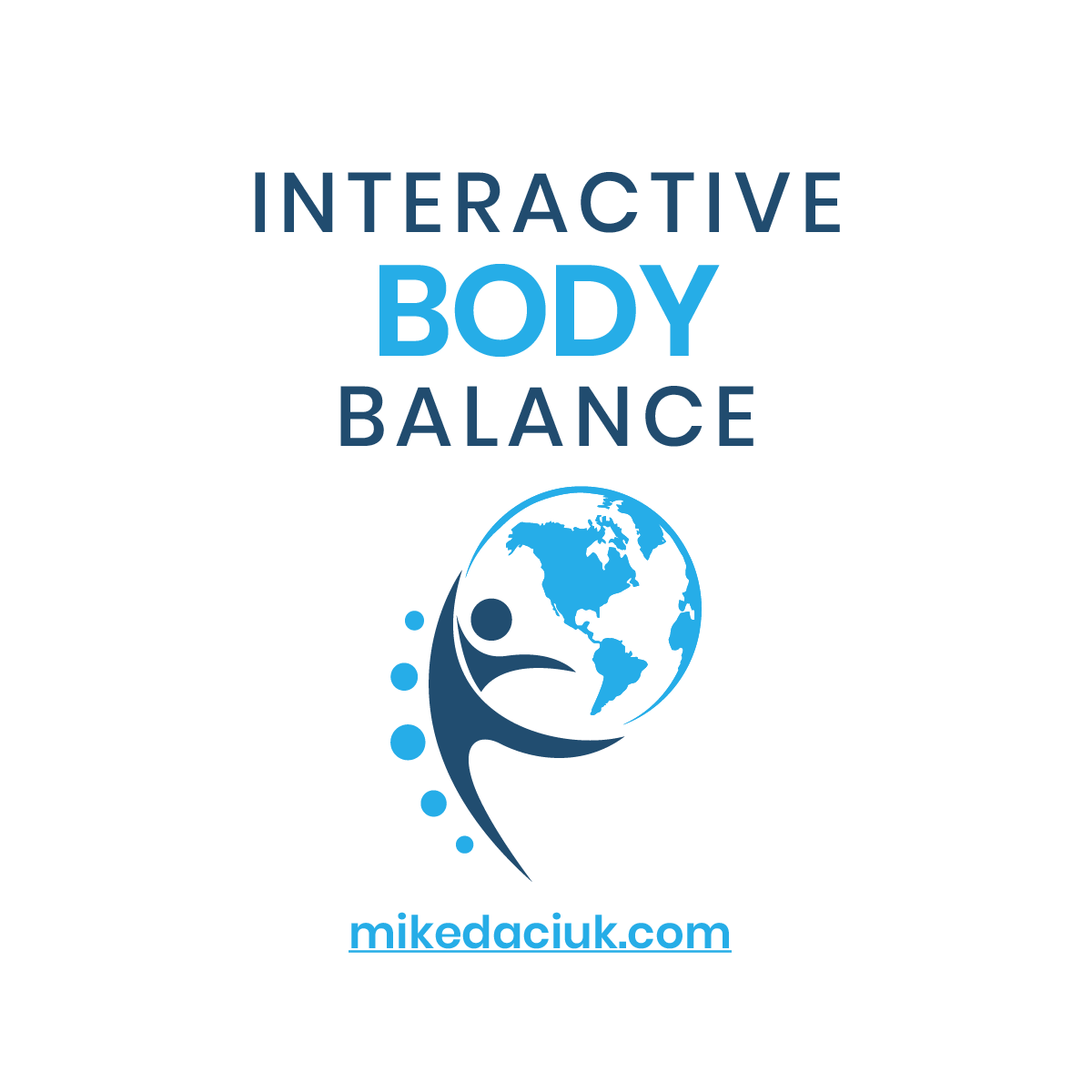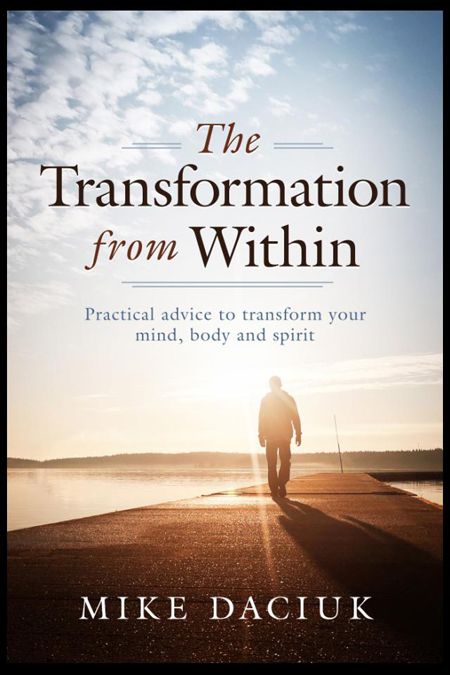Nutrition
You have all heard the adage “you are what you eat” and I believe that holds true for most people in this world. There may be the odd exception especially when they are younger and their metabolism has not slowed down yet but you have to be extremely cognizant of what you eat.
Some insightful combinations to use and avoid:
Five main reasons why people gain weight:
1) Sluggish Metabolism – Hypothalumus deficiencies.
2) Hormone imbalances – Cortisol, DHEA, Progesterone, Estrogen, Thyroid,
Melatonin, etc.
3) Binge eating.
4) Genetic disposition
5) Quality of food.
Three kinds of fat
1) Structural fat: surround the organs and joints. It is important at protecting organs, arteries and keeping the skin smooth.
2) Normal fat reserves: used as fuel when the body is dealing with nutritional insufficiencies. This fat is spread all over the body.
3) Abnormal fat reserves: this is a reserve of fuel but found mainly in the “problem areas”. Women (hips, thighs, buttocks) and men (waist and upper chest). This fat is stored as a survival mechanism and released when the most severe nutritional emergency when the body is close to starvation. It is also released during pregnancy to ensure the survival of the baby.
Daily consumption for Carbohydrates, Fats, Proteins: (Approximate and varies based on goals)
Carbohydrates – 30%
Fats – 35%
Protein – 35%
Several causes of high hunger and low metabolism:
1) Genetics – There is no denying that people come in different shapes and sizes. This does not mean that you cannot shape your body and lose weight but it is a fact that others will have slight advantages and disadvantages over others.
2) A clogged liver – Virtually every overweight person tested has a sluggish, clogged liver. This is caused by prescription and non prescription drug use, trans fat, including hydrogenated oils, artificial sweeteners, Candida yeast overgrowth and many other factors.
3) Candida yeast overgrowth – In your intestine you have good and bad bacteria. If you have ever taken an antibiotic, the antibiotic destroyed the good bacteria This allows the bad bacteria to abnormally overgrow.
4) A clogged colon – If you are not having three bowel movements a day, you likely have a clogged colon. The colon gets clogged by non and prescription drugs, lack of water, lack of fiber, lack of digestive enzymes, etc.
5) Lack of enzymes – Today’s food supply is void of living enzymes. Micro waving food kills enzymes.
6) Under-active thyroid – Thyroid production can be low due to nutritional deficiencies and fluoride in the water you drink and bathe in.
7) Inefficient pancreas – It secretes insulin. People with a weight problem have a pancreas that is not operating properly and have insulin tolerance problems.
8) Hormonal imbalances – These are caused by stress, chemical additives in food, chlorine and fluoride in water you drink, cosmetics, lotions,etc.
9) Artificial sweeteners – All man made sweeteners slow metabolism. This includes aspartame and sucralose.
10) Monosodium Glutamate (MSG) – This is called an excitotoxin and lowers your metabolism.
11) Lack of water – Lack of pure water hydrating the cells leads to a low metabolism.
12) Carbonated drinks – These block calcium absorption, leading to nutritional deficiencies which lower metabolism.
13) Lack of sleep – This means less than seven hours per night.
14) Lack of sun – The sun stimulates metabolism plus alleviates depression and stress.
15) Nutritional – Calcium, zinc, magnesium, vitamin c, vitamin e, etc.
16) Heavy metal toxicity – Most people are loaded with heavy metals including mercury from amalgam fillings, These clog the liver, colon and affect circulation.
17) Lack of oxygen – Most people have lower than normal levels of oxygen in their blood and cells.
18) Yo yo dieting – Every time you go on a diet and lose weight and gain it all back you are in fact lowering your body’s internal thermostat and internal body weight set point.
19) Lack of sweating – The skin is the largest organ in the body. It must breathe and eliminate toxins on a regular basis. Sweating is a natural body process. Lack of sweating leads to a clogged lymphatic system and sluggish metabolism.
20) Low muscle mass – If your body does not have normal amounts of muscle your metabolism will always be low. Increasing muscle mass always leads to a higher metabolism.
21) Breakfast – Eating breakfast assists with higher metabolism.
22) Eating before bead – Filling your stomach before bed, with highly refined or super highly refined easily digestible food, promotes low metabolism.
23) Food additives
Top Ten Foods for Muscle Growth
No.10 Quinoa
Reality check: Not all men eat meat. But without meat, how can you get that precious protein? Look no further than quinoa, a protein-packed grain native to South America. Not only is quinoa high in protein, but the protein it supplies is also complete, meaning that it contains all nine of the essential amino acids. This gluten-free food is also easy to digest and is high in fiber, magnesium and iron. No wonder the ancient Incas called quinoa the mother of all grains!
No.9 Almonds
Almonds are another plant-based food absolutely packed full of protein. Just 1/4 cup of almonds contains nearly 8 grams of protein — that’s nearly 2 grams of protein more than your typical egg! Almonds are also an excellent source of heart-healthy monounsaturated fats and magnesium. Magnesium is an abundant mineral that’s used in more than 300 biochemical reactions in the body and is specifically known to be involved in energy metabolism and protein synthesis.
No.8 Cottage Cheese
It may sound surprising, but most serious bodybuilders include cottage cheese among their top muscle-building foods. To understand why, simply read the label of your typical low-fat or fat-free cottage cheese. Just 1/2 cup of low-fat cottage cheese packs a whopping 14 grams of protein in only 80 calories with less than 2 grams of fat. Trust us, this one’s a winner.
No.7 Oysters
Although not the best-known muscle-building food, oysters are another secret specialty of weight lifters and bodybuilders alike. Just 100 grams of cooked Pacific oysters yield upward of 20 grams of protein with only 5 grams of fat. Oysters also provide more zinc than any other food. Like magnesium, zinc is another mineral that’s essential for protein synthesis, making oysters a top food for muscle growth.
No. 6: Roasted Pumpkin, Squash, and Watermelon Seeds
A popular food in the Middle East and East Asia pumpkin and squash seeds provide 33 grams of protein per 100g serving, that is 74.8 grams per cup and 9.2 grams per ounce. Watermelon seeds provide slightly less at 28 grams of protein per 100 gram serving. If you can’t find these seeds in your local supermarket you will surely find them in Middle Eastern or East Asian specialty stores. Alternatively, you can also save any pumpkin, squash, and watermelon seeds you have and roast them in your oven. The seeds are typically consumed by cracking the outer shell and eating the seed inside.
No.5 Lean ground beef
Red meats, like lean ground beef, are an excellent source of protein, so completely avoiding them because of the “red” stigma might be a mistake. Just 100 grams of lean ground beef contain upward of 27 grams of protein! Although such a serving also contains 11 grams of fat and around 200-plus calories, what separates beef from its other meat competitors are all the additional vitamins and minerals it contains. Beef is teeming with vitamin B12, zinc and iron — all of which are important for muscle growth and development.
No 4: Water
How it builds muscle: Whether it’s in your shins or your shoulders, muscle is approximately 80 percent water. “Even a change of as little as 1 percent in body water can impair exercise performance and adversely affectrecovery,” says Volek. For example, a 1997 German study found that protein synthesis occurs at a higher rate in muscle cells that are well hydrated, compared with dehydrated cells. English translation: The more parched you are, the slower your body uses protein to build muscle.
Not sure how dry you are? “Weigh yourself before and after each exercise session. Then drink 24 ounces of water for every pound lost,” says Larry Kenney, Ph.D., a physiology researcher at Pennsylvania State University.
No.3 Eggs
Quick and easy to prepare, delicious and fun to eat, eggs are a key dietary component of any muscle-minded male. Each egg comes loaded with around 5 to 6 grams of protein at the very low caloric cost of only 60 calories. But it’s not just the amount of protein that makes eggs so special, it’s also the type. Egg protein is considered to be the most readily utilizable protein with the highest biological value of any whole food. This means that the protein in eggs is used most efficiently for muscular growth.
No.2 Chicken
What can we say about chicken that hasn’t already been said? Chicken is the staple muscle-building food. A nice, lean 100-gram slab of this white meat will fill you with a hearty serving of 31 grams of protein with only — wait for it — 4 grams of fat. So, as far as protein-to-fat ratio is concerned, you’re looking at a superstar. Combine chicken’s great taste and its meal-versatility and there’s really no arguing that chicken belongs among the top muscle-building foods.
No.1 Fish
When it comes to building muscle, fish really crushes the competition. Take salmon, for example. Not only is salmon a protein powerhouse yielding around 25 grams of protein per 100-gram serving, but it’s also packed with so many other healthy nutrients that you’d be a fool to avoid it. Salmon is loaded with heart-healthy monounsaturated fats and omega-3 fatty acids. It’s also an excellent source of vitamin D, a current media darling. All in all, fish, such as tuna or salmon, are simply the best.



